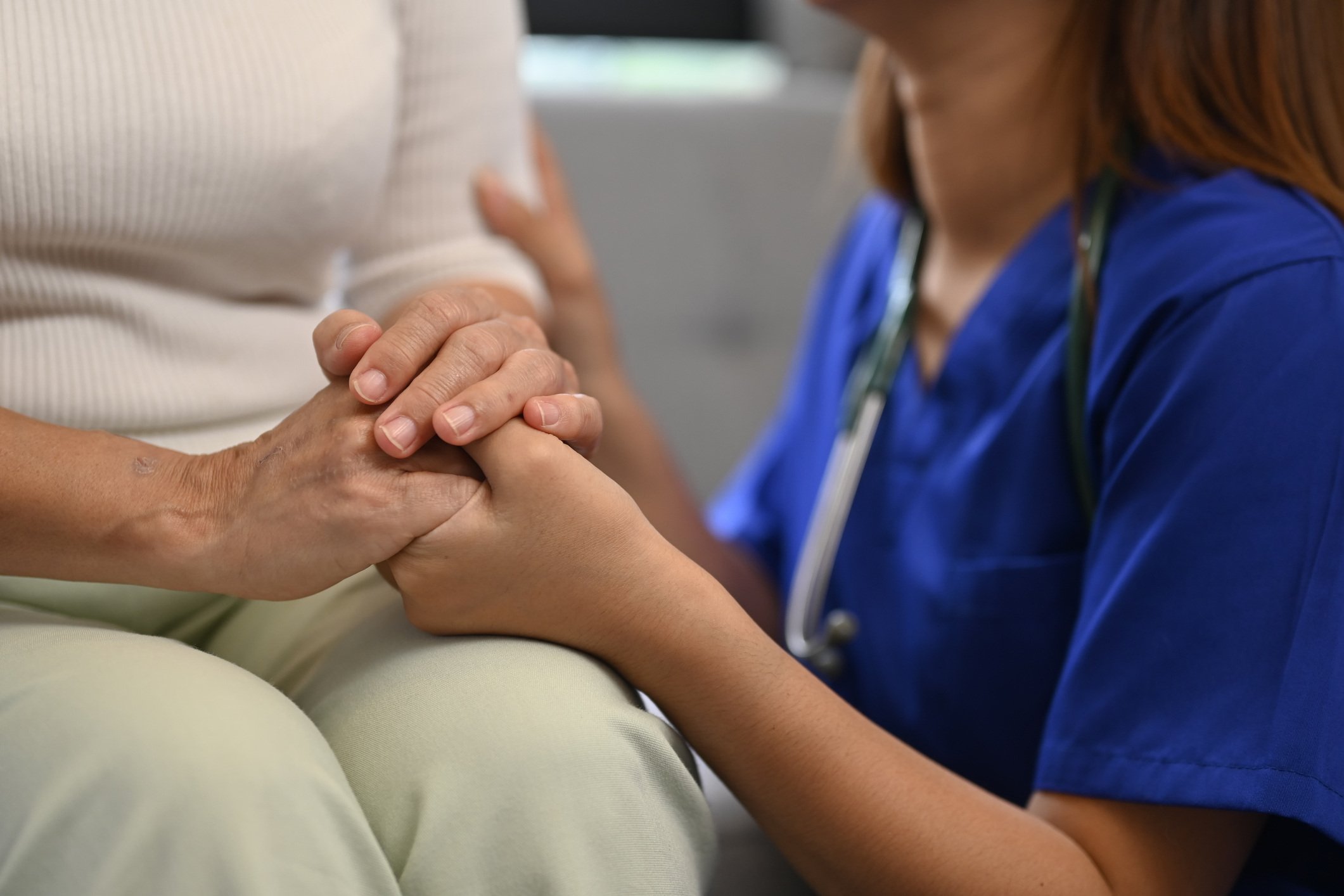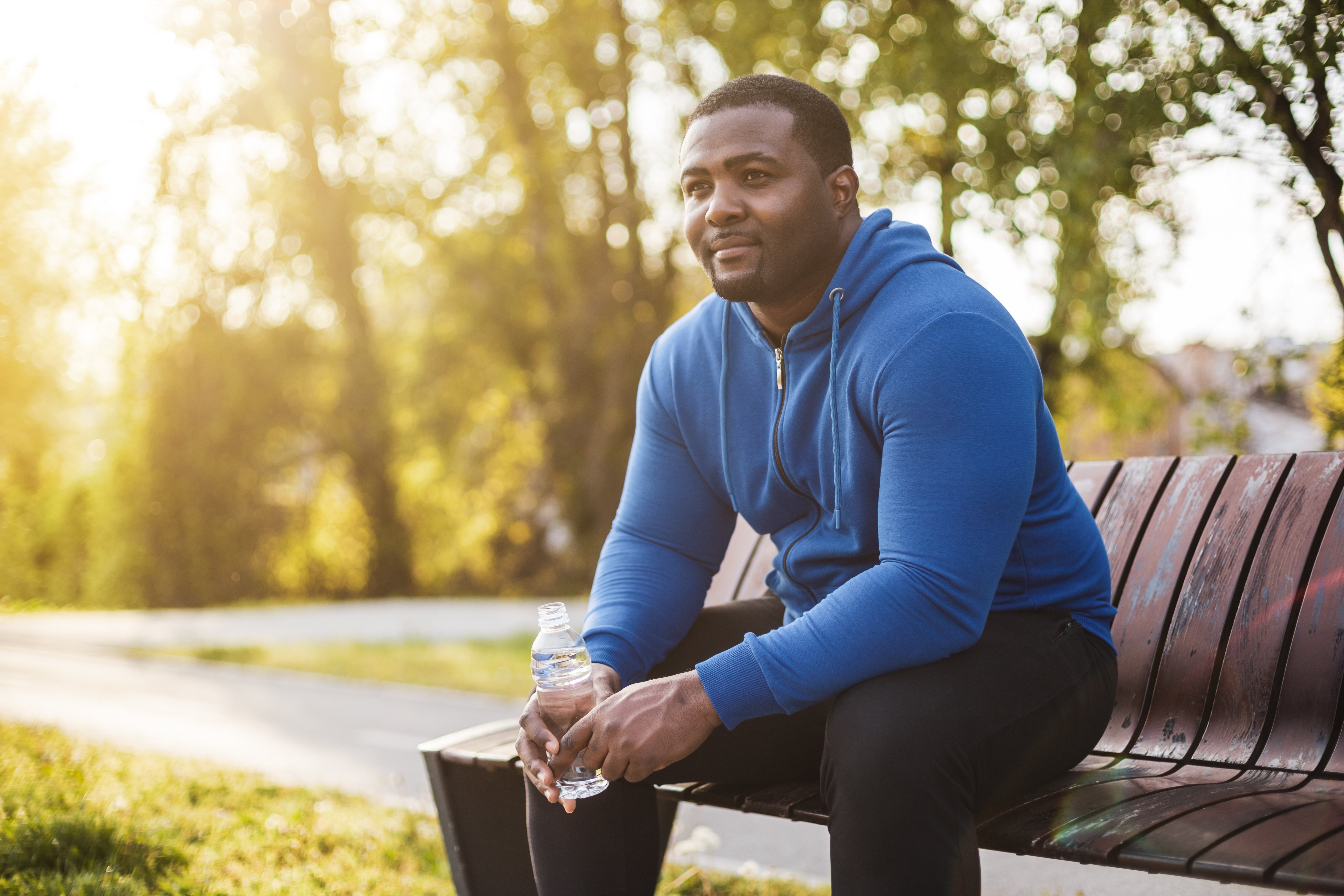What is Acne? Symptoms, causes, and treatment explained

What is Acne?
Acne is a common skin condition that can affect people of all ages, although it typically begins during adolescence. It leads to oily skin, blackheads, spots, and cysts, often appearing on the face, back, shoulders, and chest. While some people experience mild symptoms that clear up after their teenage years, others may develop more severe acne that causes pain, inflammation, and sometimes scarring.
Adult acne, particularly common in women, can occur due to hormonal changes such as those during menstrual cycles or pregnancy.
Not all acne requires medical treatment, but if you're worried about your symptoms, it’s worth consulting a GP or Advanced Clinical Practitioner (ACP) for advice.

What are the symptoms of acne?
Acne symptoms vary, but the most common are oily skin and a variety of spots.
Severe acne, particularly cysts and nodules, can be painful and prone to bursting, potentially leading to permanent scarring.
According to the NHS, six types of spots are often associated with acne:
Blackheads
Small black dots on the skin.
Whiteheads:
Raised spots with a white center.
Papules:
Small red, inflamed bumps that may feel tender.Pustules:
Papules filled with pus, giving them a white centre.
Nodules:
Large, painful lumps under the skin.
Cysts:
Deep, painful, pus-filled lumps that may cause scarring.

How is acne diagnosed and treated?
A clinician can assess the severity of your acne by examining the affected areas, such as your face, back, and chest.
- Mild Acne: Often includes blackheads, whiteheads, and a few spots. Over-the-counter treatments containing benzoyl peroxide may help manage symptoms.
- Moderate to Severe Acne: Includes multiple papules, pustules, nodules, and cysts. Prescription treatments and possibly a referral to a dermatologist are typically required.
Prescription treatments may include:
- Topical retinoids.
- Topical or oral antibiotics.
- Azelaic acid.
- Isotretinoin tablets (for severe cases).
- Combined contraceptive pill (for women).
Our clinicians at Doctor Care Anywhere can provide tailored advice and, if suitable, prescribe acne treatments during your consultation.
How can I avoid getting acne?
While acne isn’t always preventable, there are steps you can take to reduce flare-ups and prevent it from worsening:
Gentle Cleansing
Wash affected areas with mild cleansers and lukewarm water no more than twice a day. Shower after exercise to prevent sweat from irritating the skin.Avoid Picking
Resist the urge to squeeze or pick at spots, as this can cause scarring.Make-Up Care
Use non-comedogenic products and always remove make-up before bed.Over-the-Counter Treatments
Speak to a pharmacist for advice and follow product instructions carefully.